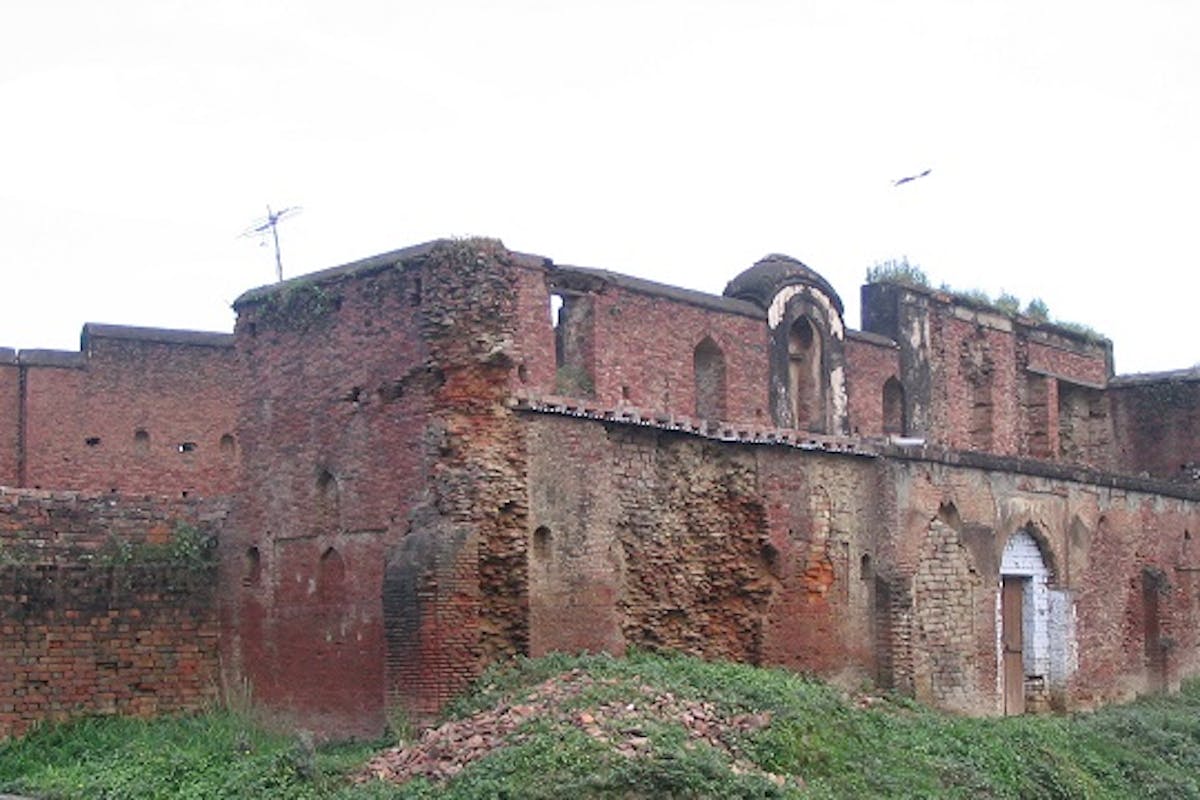Qasbah Towns and Vernacular Archives: An Alternative Urban History in Colonial India
The image of qasbah towns, often deemed as small in comparison to the size of a city and thereby inconsequential, is difficult to hold itself as qasbahs increasingly find a place within South Asian historiography.
Tuesday, May 23, 12 p.m.
Free

The image of qasbah towns, often deemed as small in comparison to the size of a city and thereby inconsequential, is difficult to hold itself as qasbahs increasingly find a place within South Asian historiography. For far too long, they have been understood as market towns, revenue headquarters, religious centers, or as building blocks of administrative pyramids. Formal, official sources present a limited understanding of these small towns. It is only when one moves beyond colonial archival interpretations of qasbahs as administrative and financial hubs and considers self-definitions from a range of local historical articulations, one gains a fuller, more comprehensive understanding of what qasbahs meant to their residents, the qasbatis. Based on a range of sources produced by those who belonged to qasbahs, I argue that deploying vernacular histories and other records helps us construct a history of qasbahs that otherwise remains constricted and cyclic. Another proposition I would like to make is that qasbahs as a unit external to the rural-urban dichotomy, complicate our understanding of urban history of colonial India. The way qasbahs served as nodes of knowledge and their residents part of various networks speaks to their multivalent nature and connectedness. It further helps us question urbanism as tied to city-oriented growth, an understanding of villages and small towns as backwaters, and urbanization as an essentialized one-way movement.
M. Raisur Rahman is Associate Professor of South Asian History and Chair of the Department of History at Wake Forest University. His academic focus is literary, social, and intellectual histories of Muslims in modern India. Author of Locale, Everyday Islam, and Modernity: Qasbah Towns and Muslim Life in Colonial India (2015) and co-editor of The Cambridge Companion to Sayyid Ahmad Khan (2019), he is the current President of South Asian Muslim Studies Association (SAMSA) and has earlier served as a program director for Wake Forest University’s Middle East and South Asia Studies Program.

